Are you thinking about starting a backyard chicken flock, but not sure if it’s for you? Let me introduce you to the world of backyard chicken keeping! Scroll down or click these handy links to jump to different sections:
Getting Started/Basics
Chick Care
Coops & Maintenance
Seasonal Chicken Care
Daily Life with Your Flock
Flock Health
All About Chicken Breeds







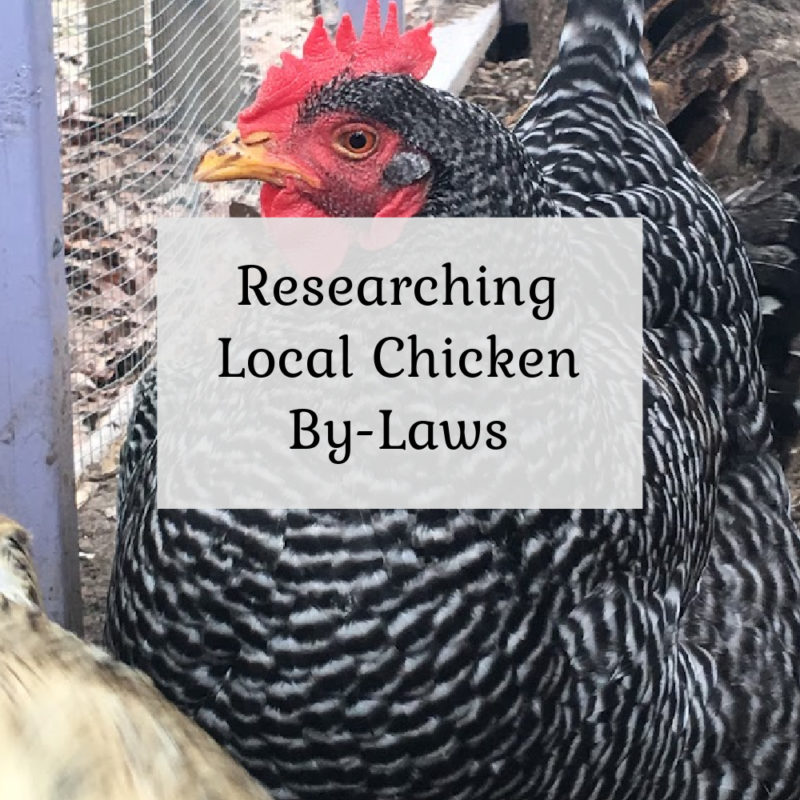


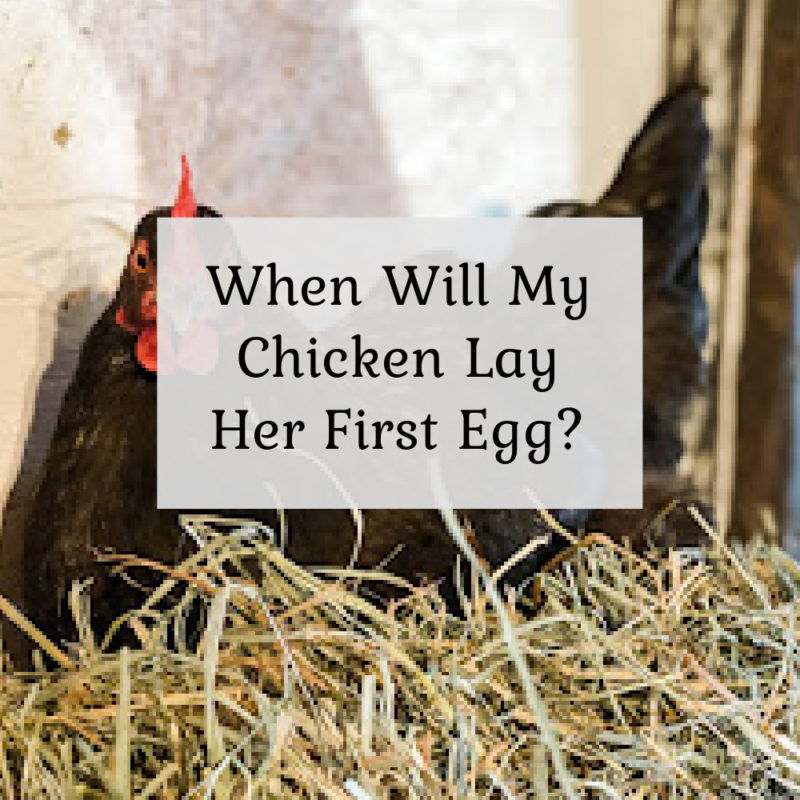

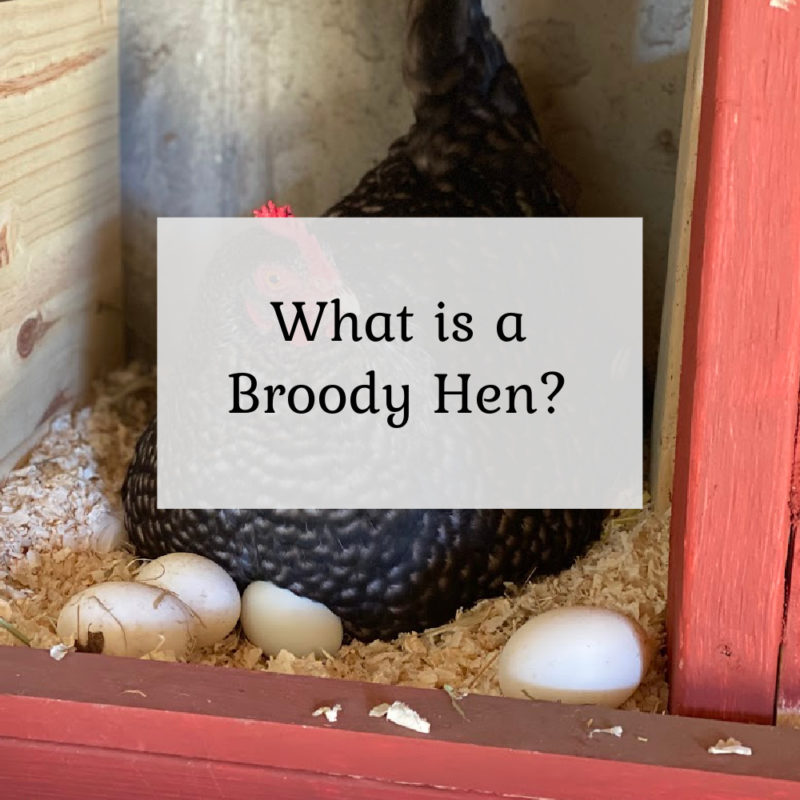


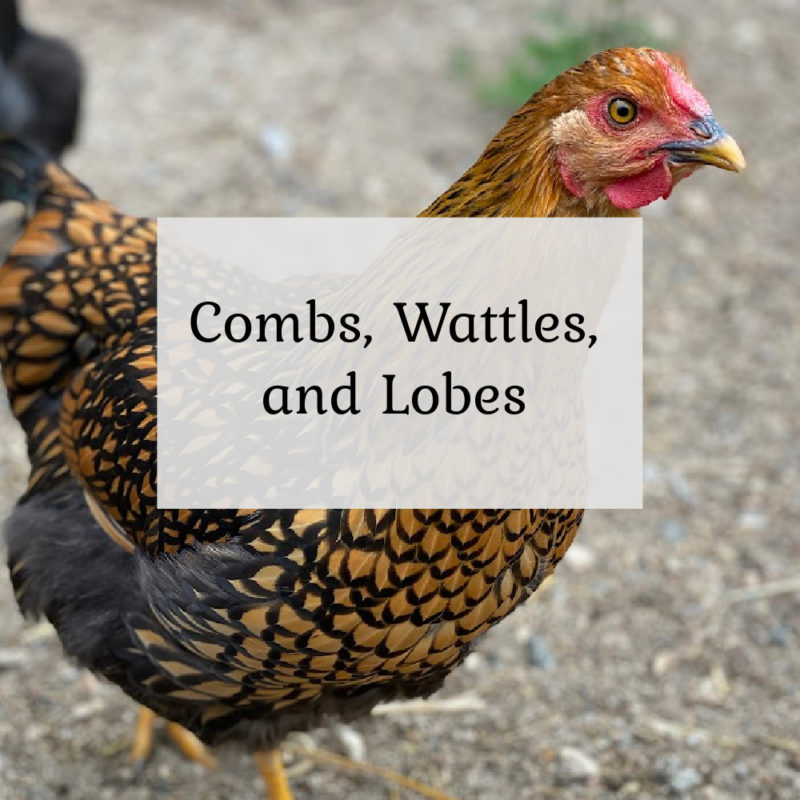

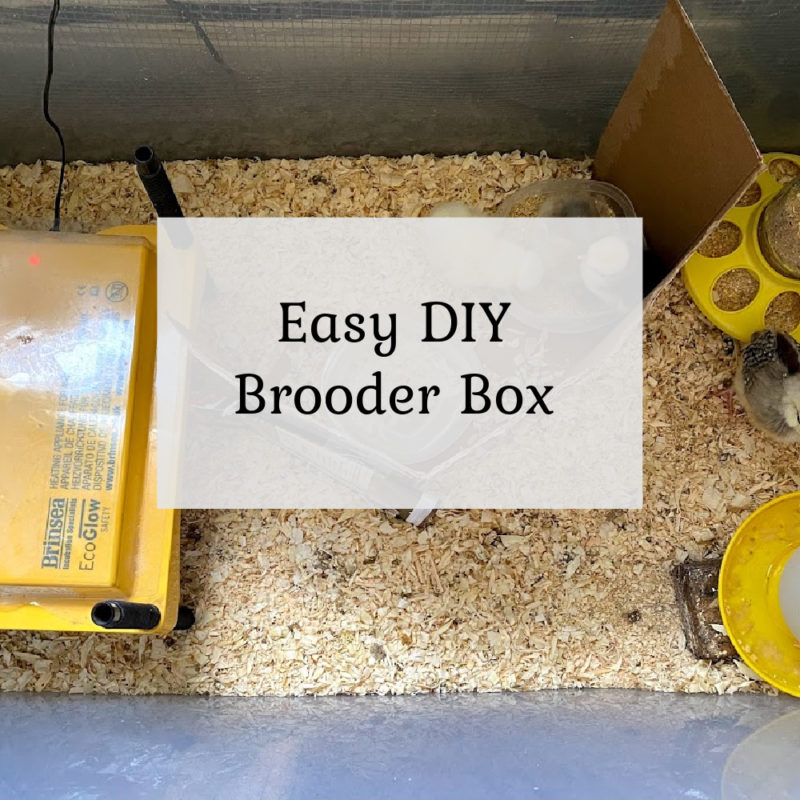

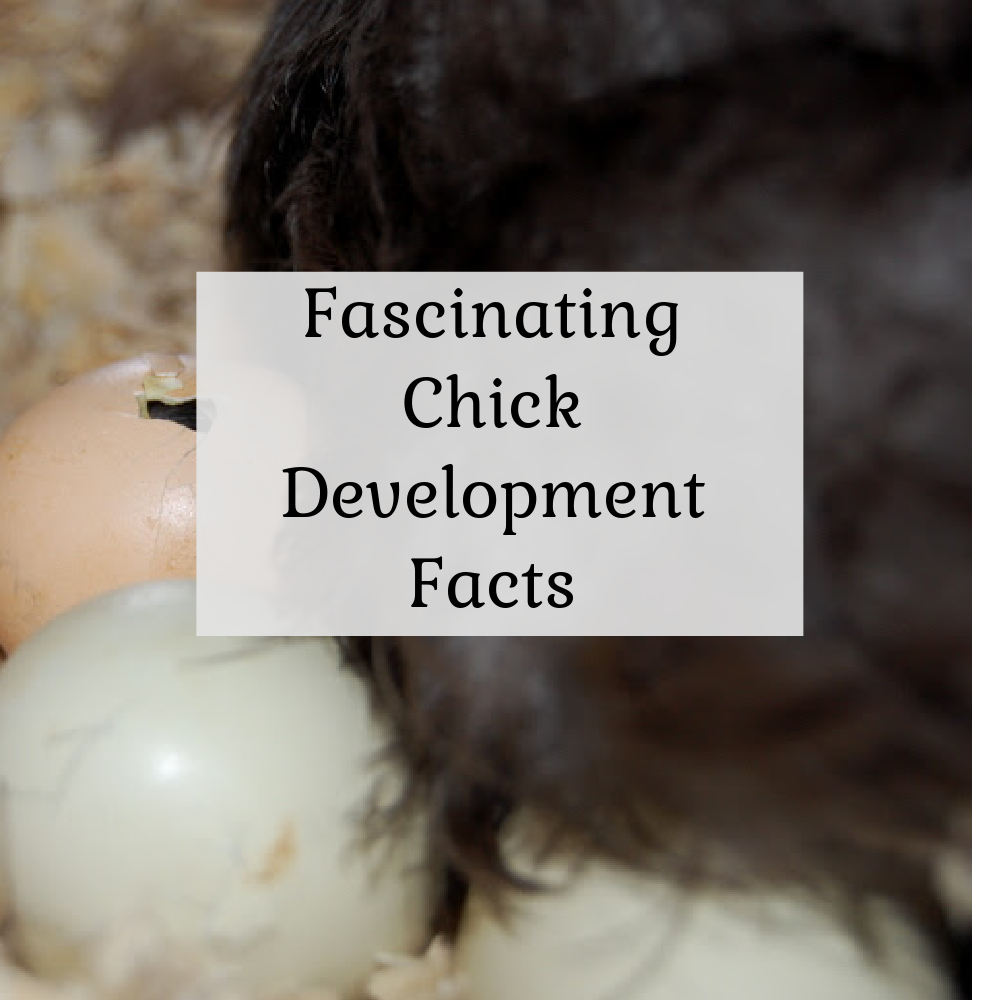



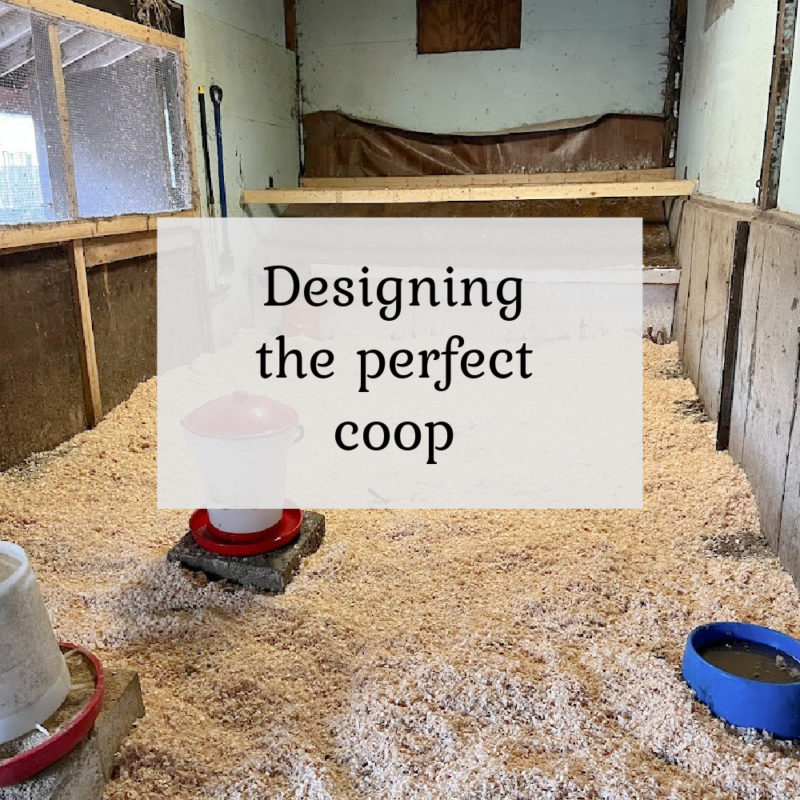
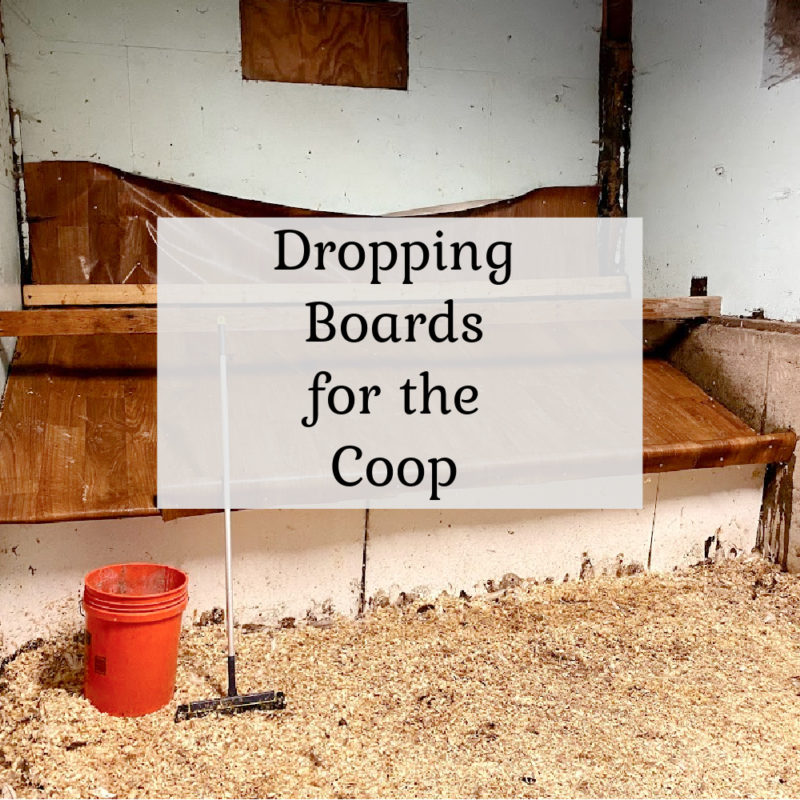

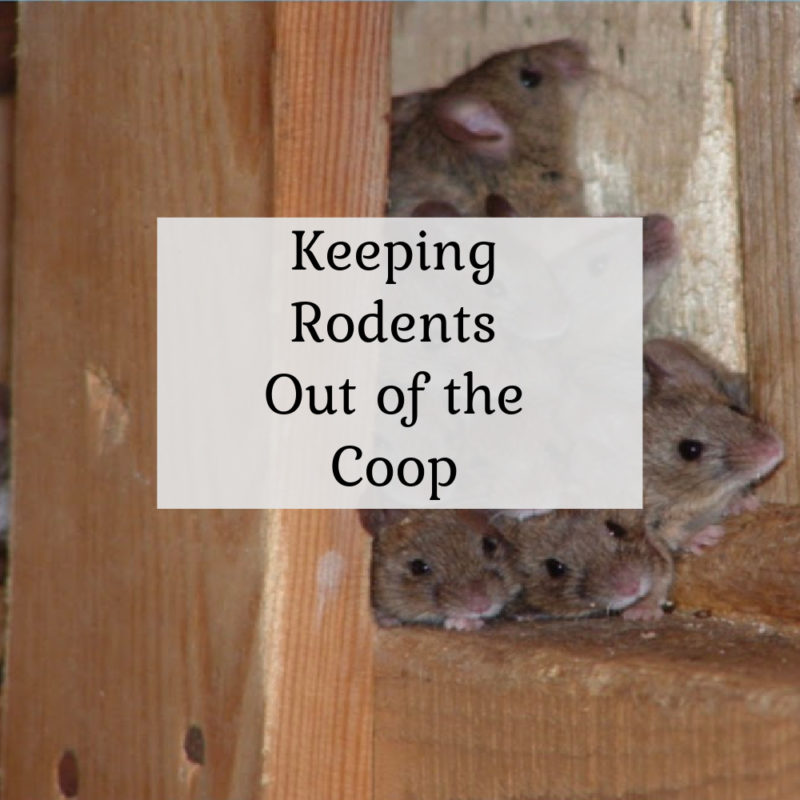
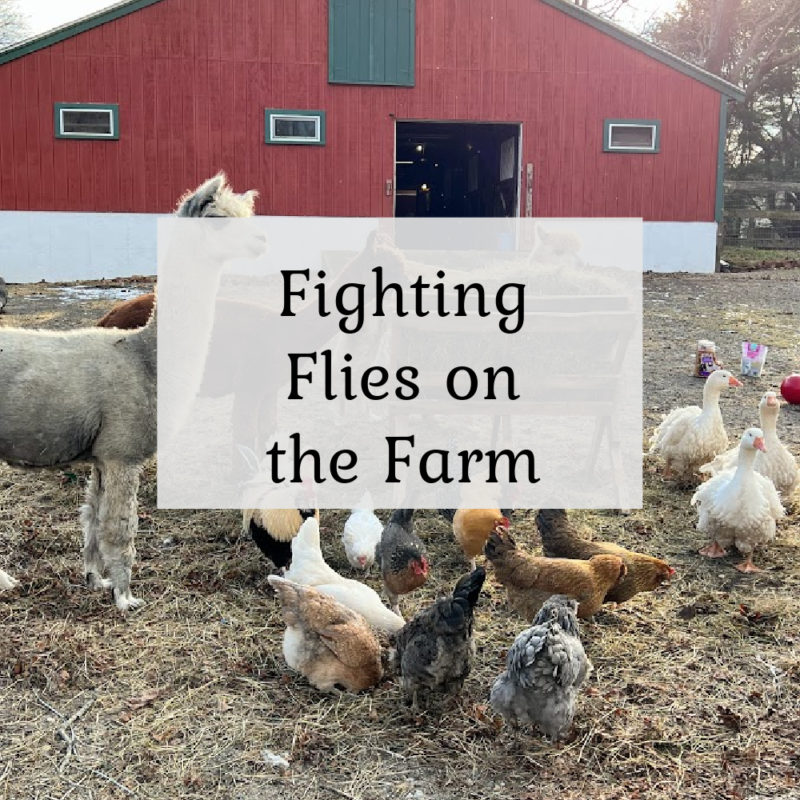
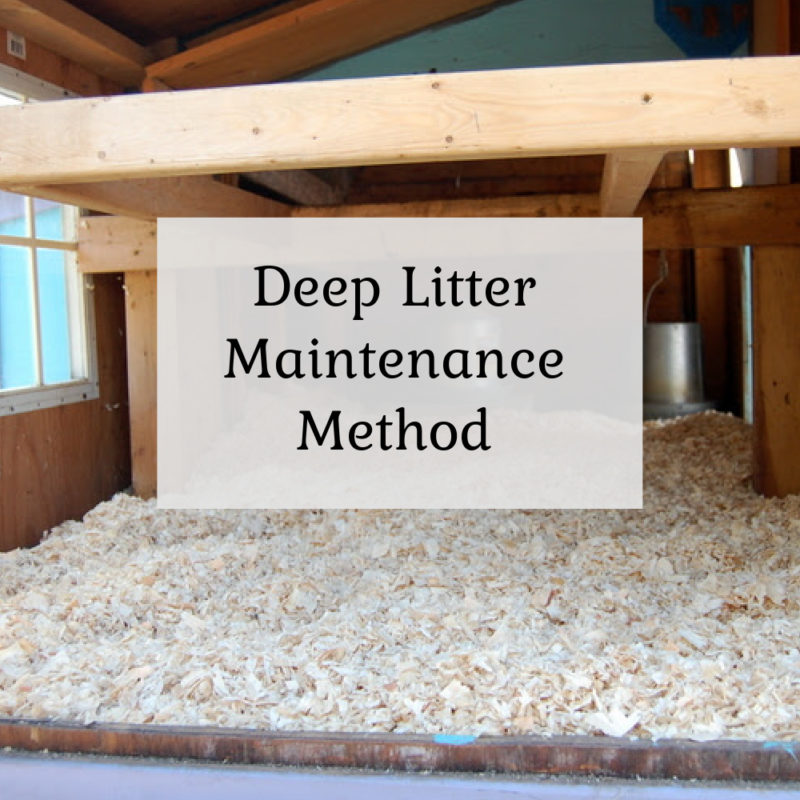

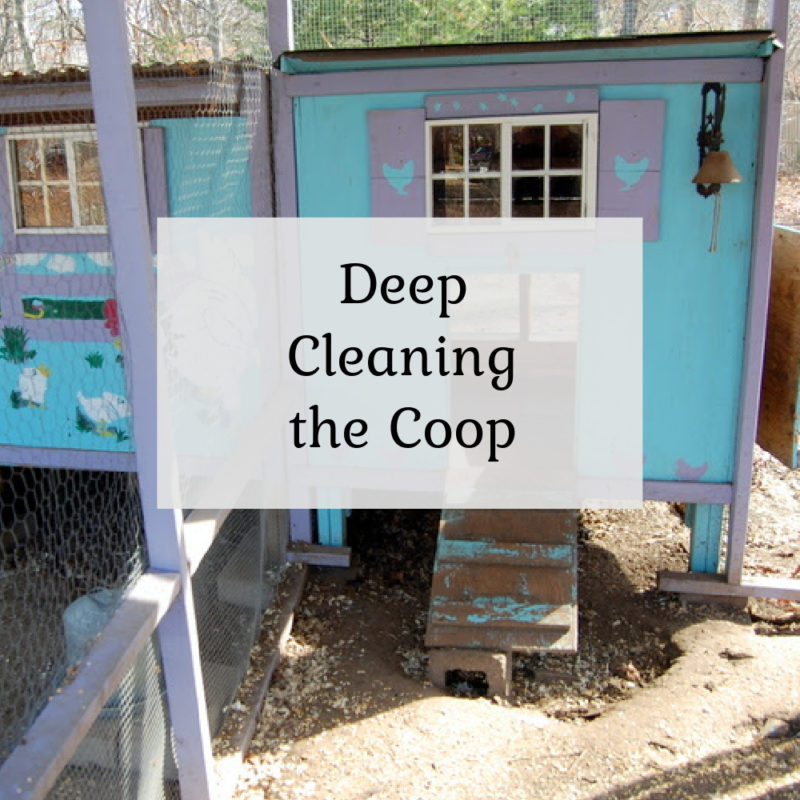
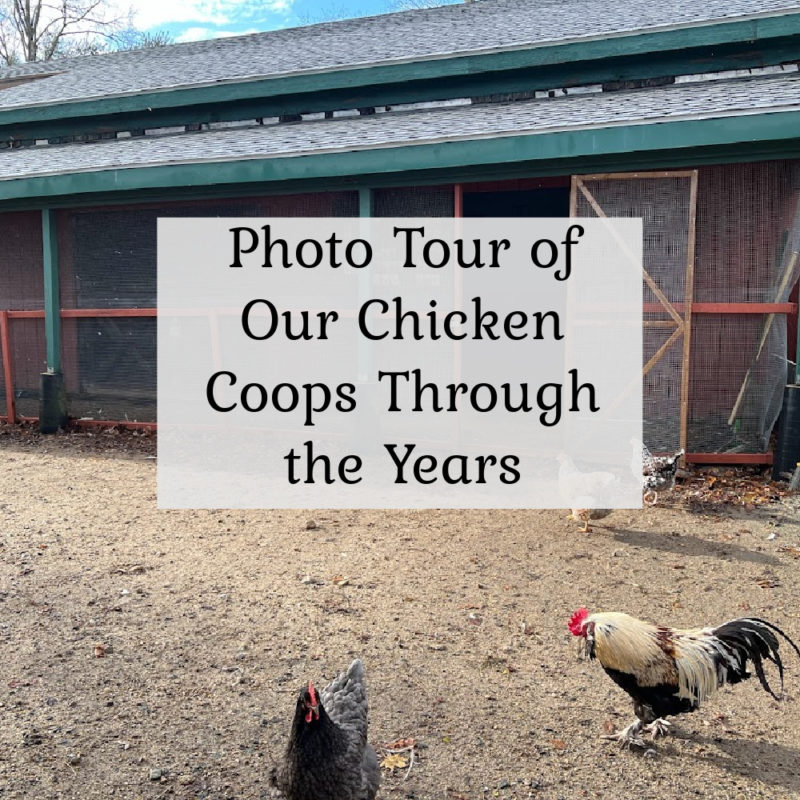
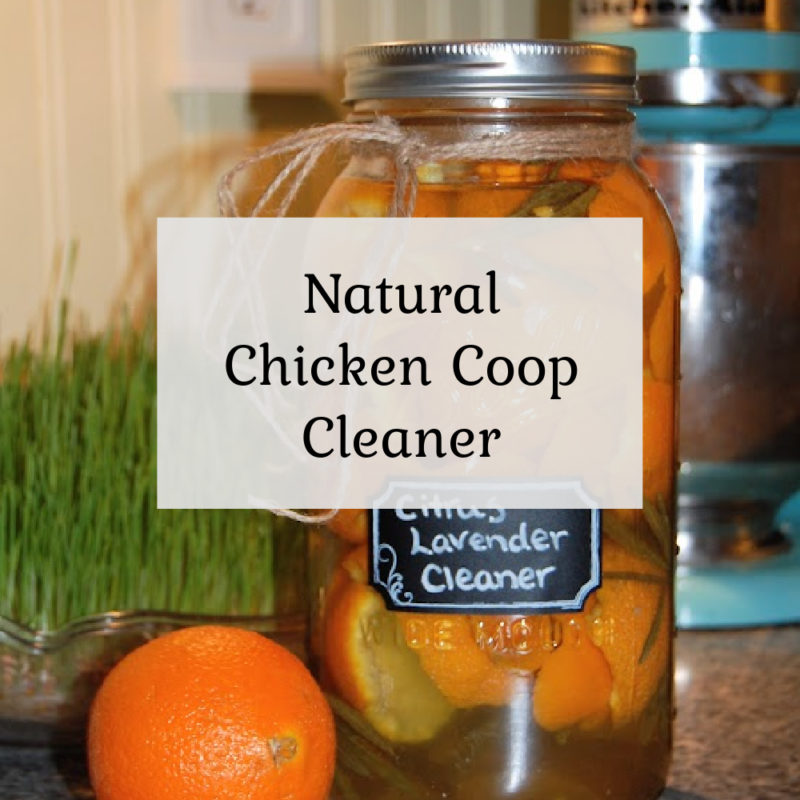

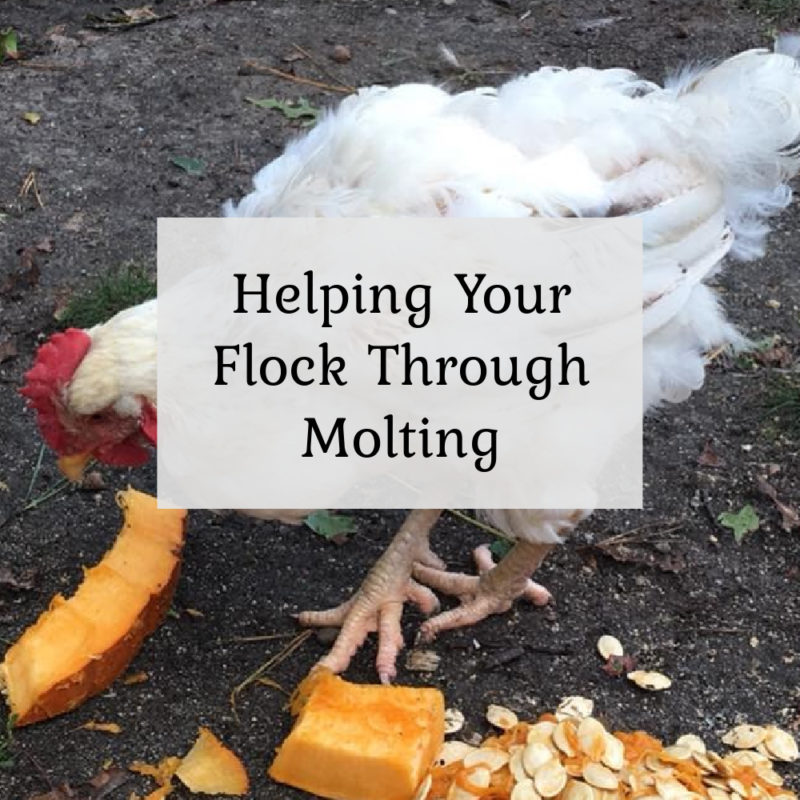

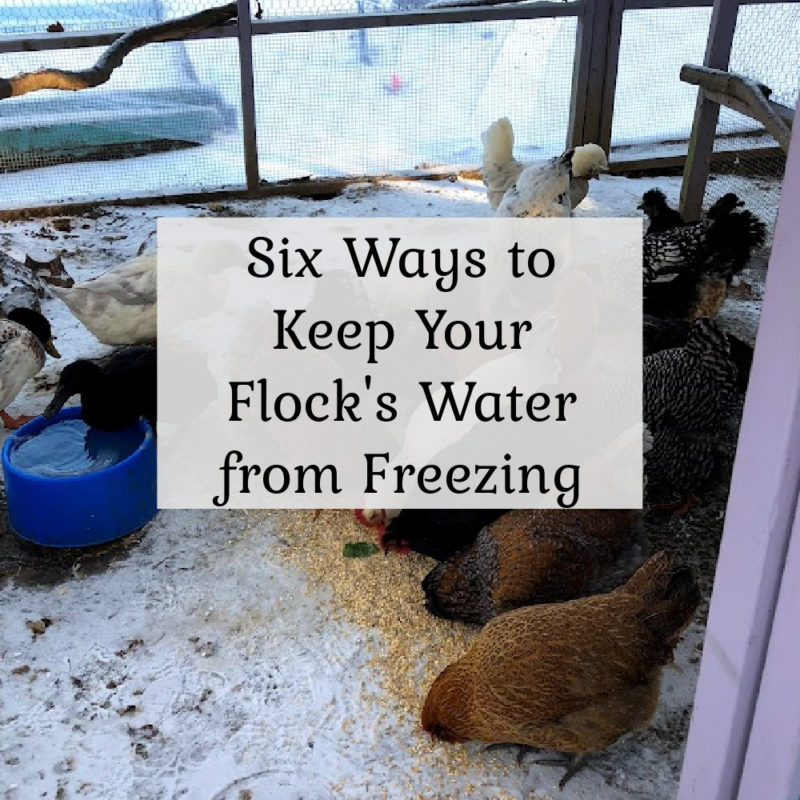

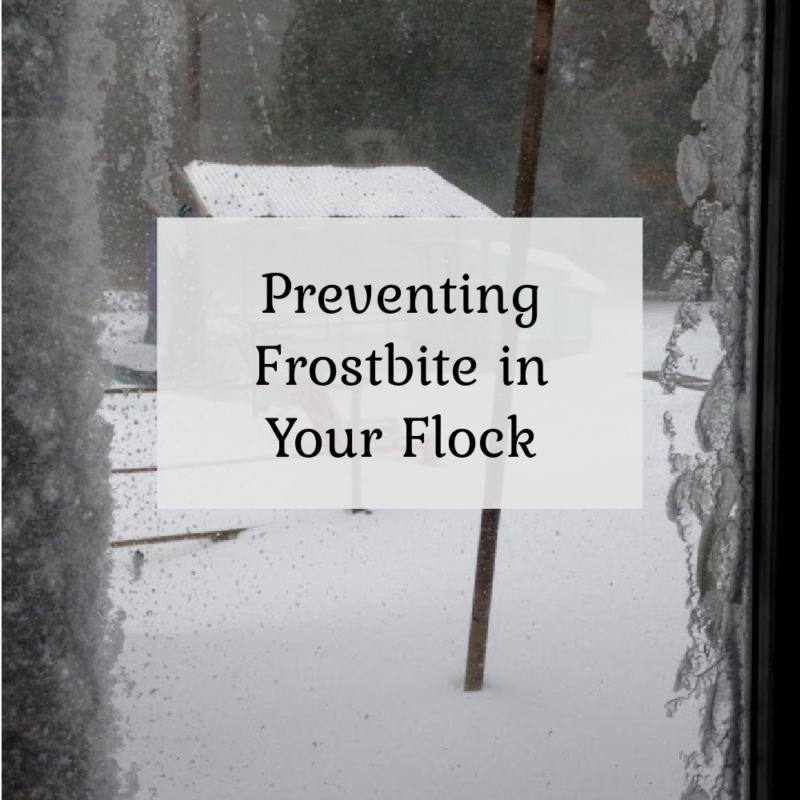



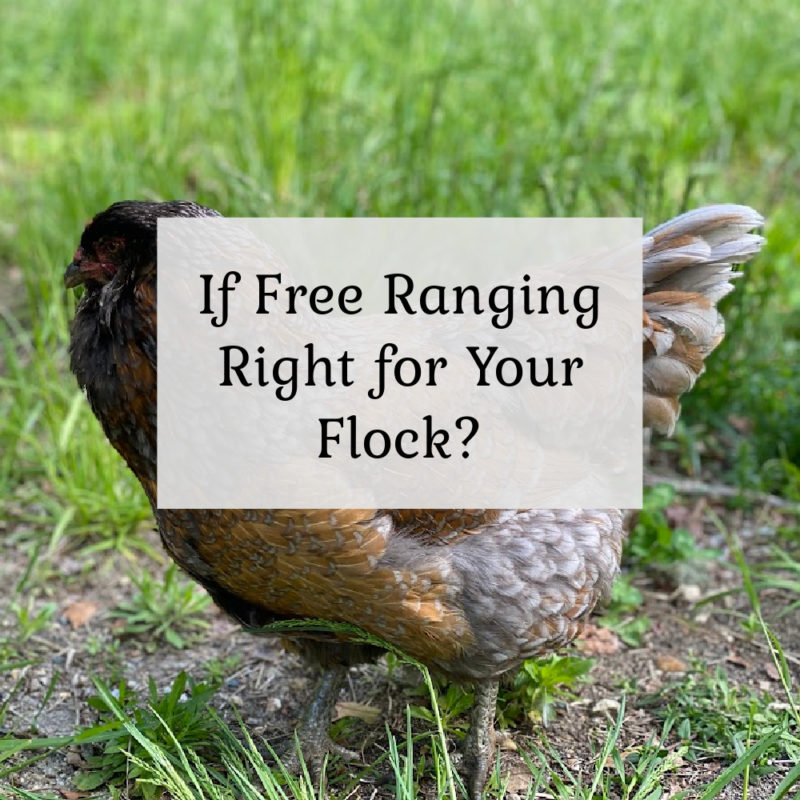

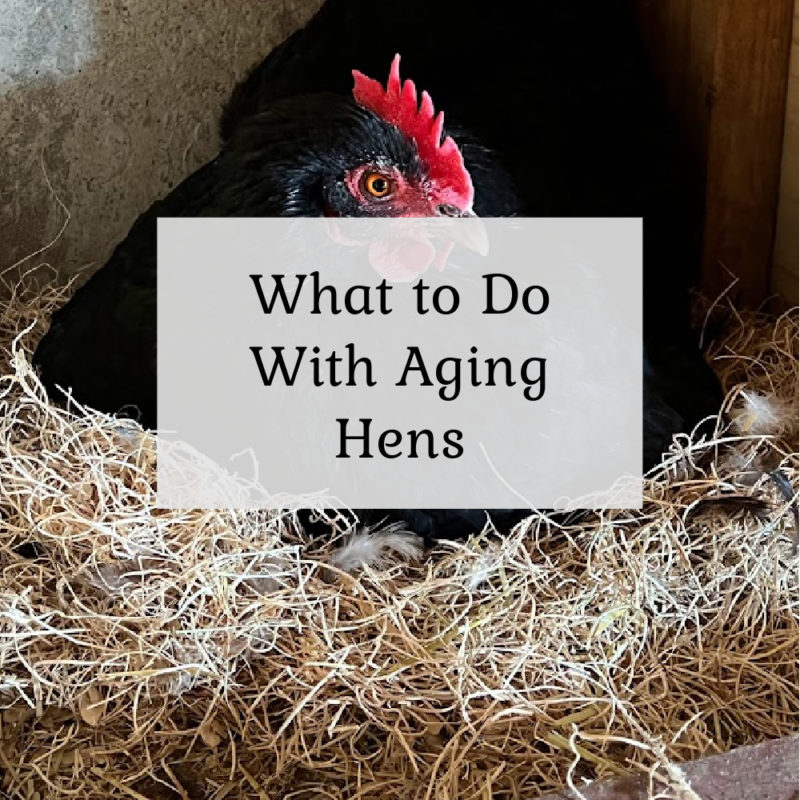
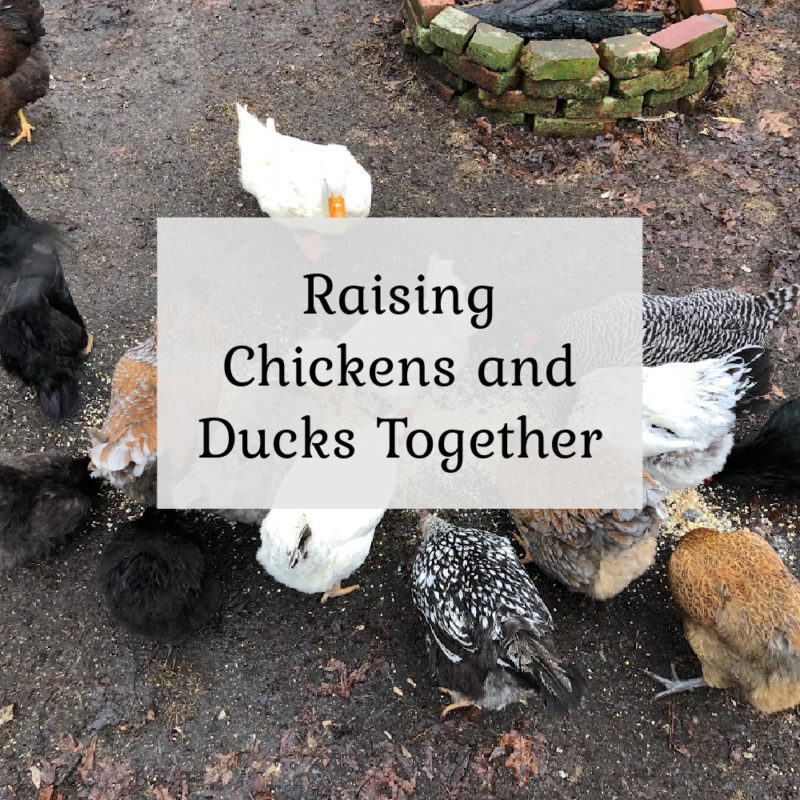
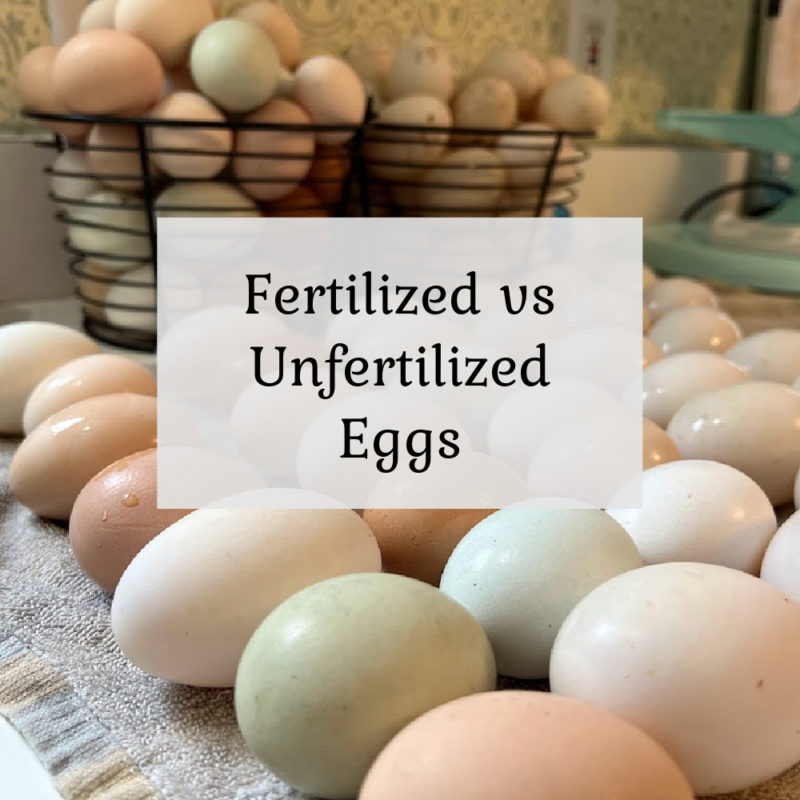


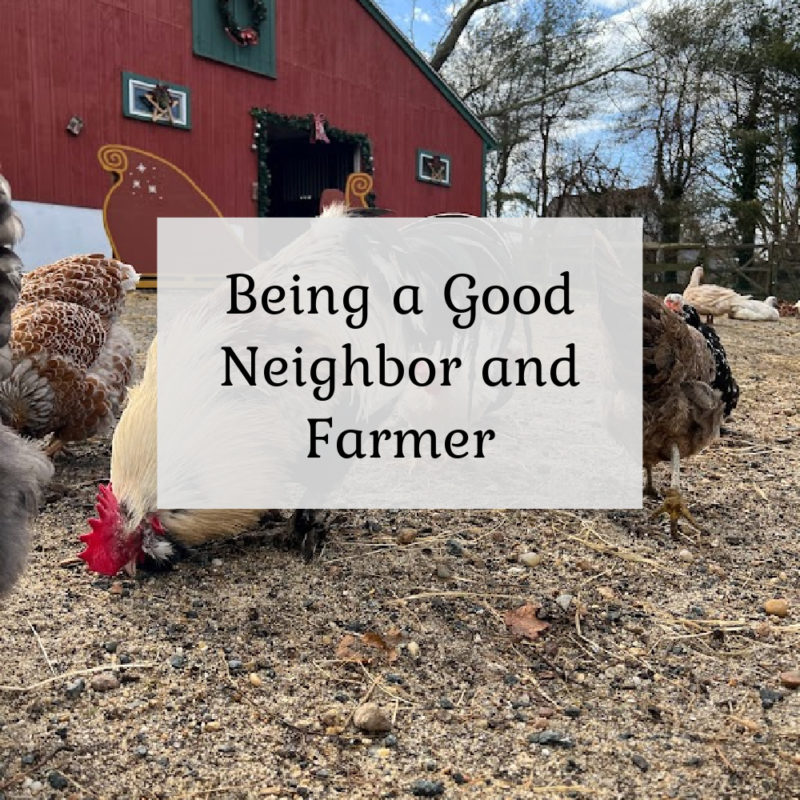
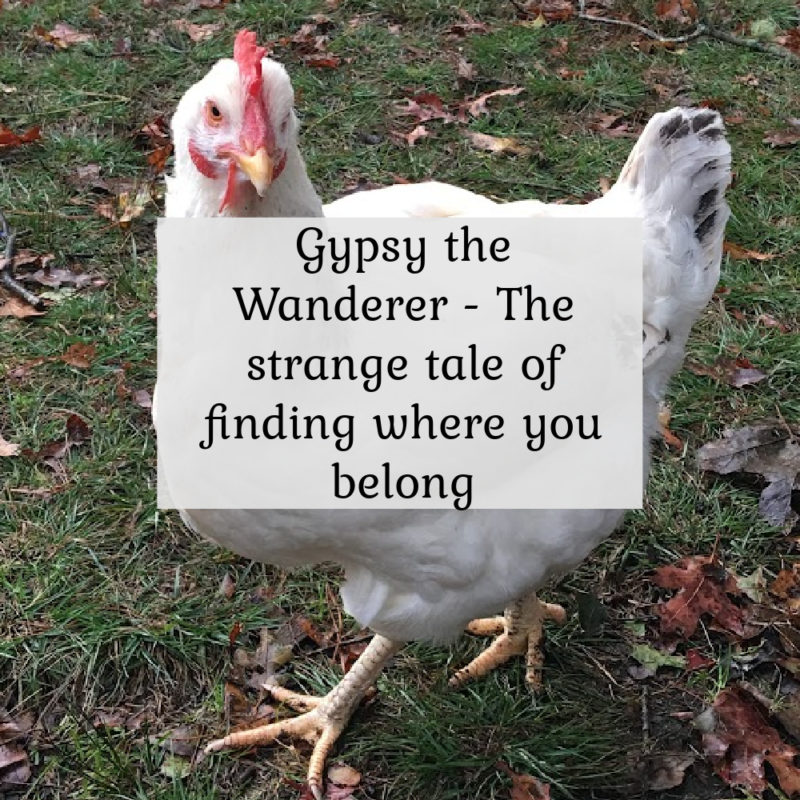


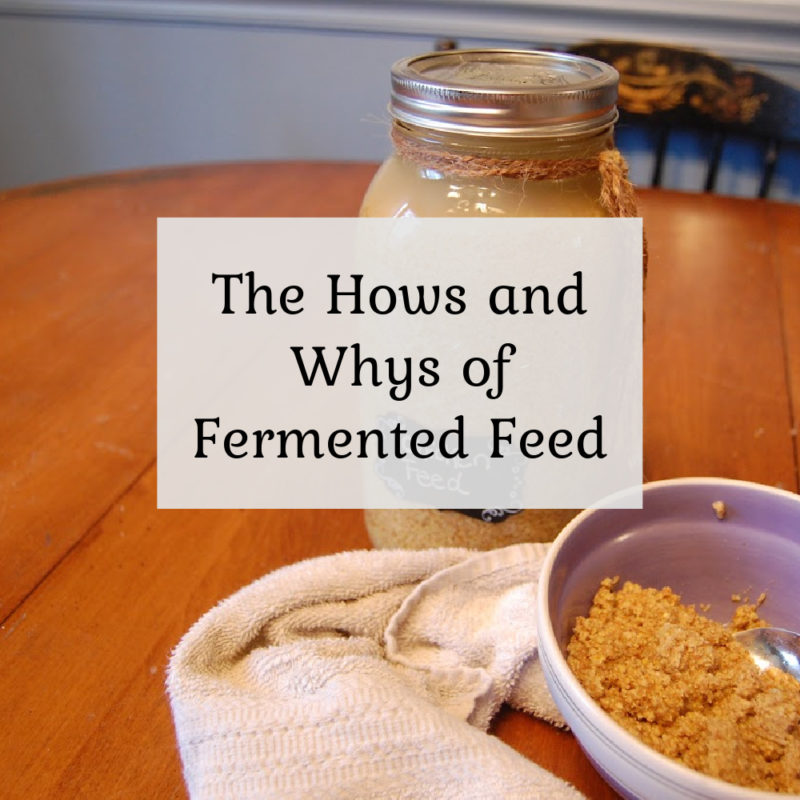


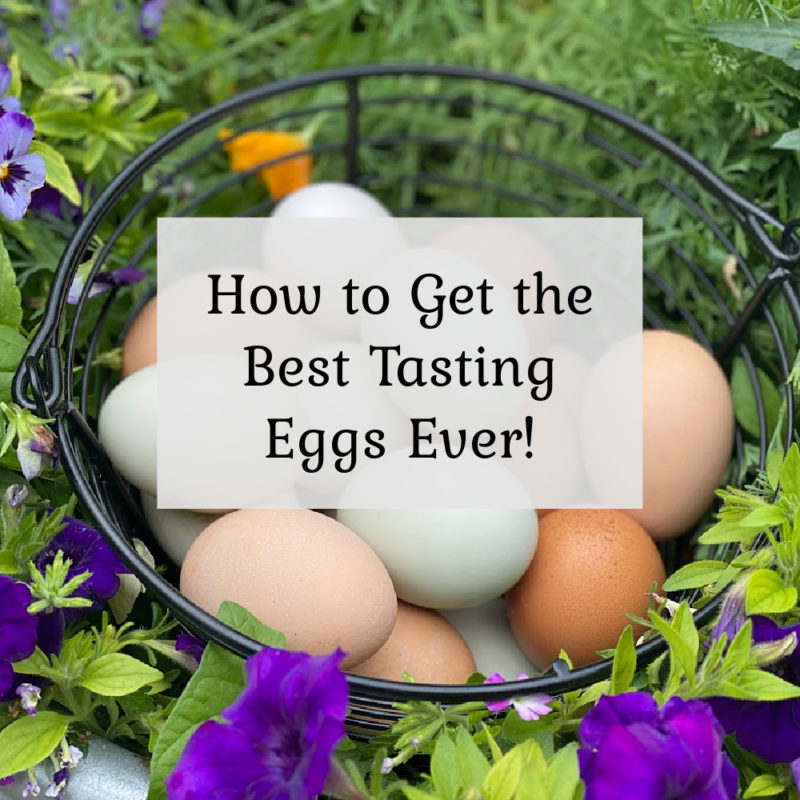

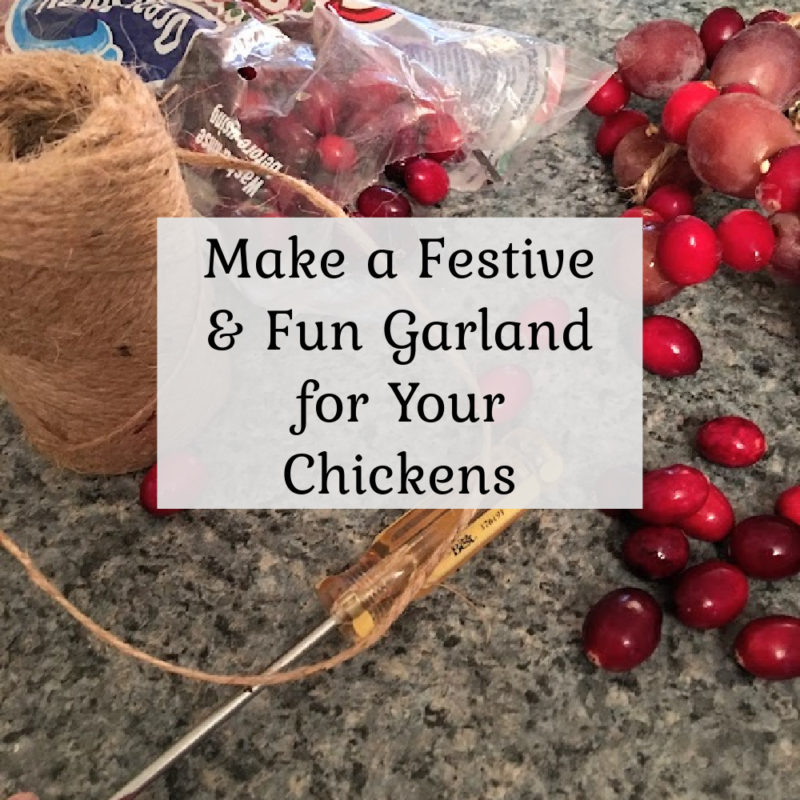

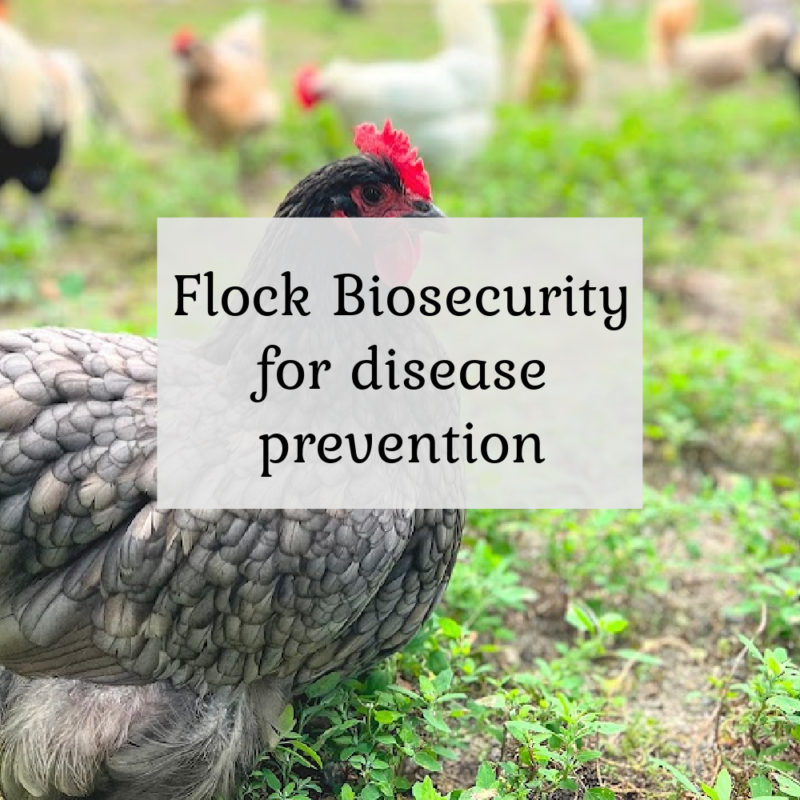
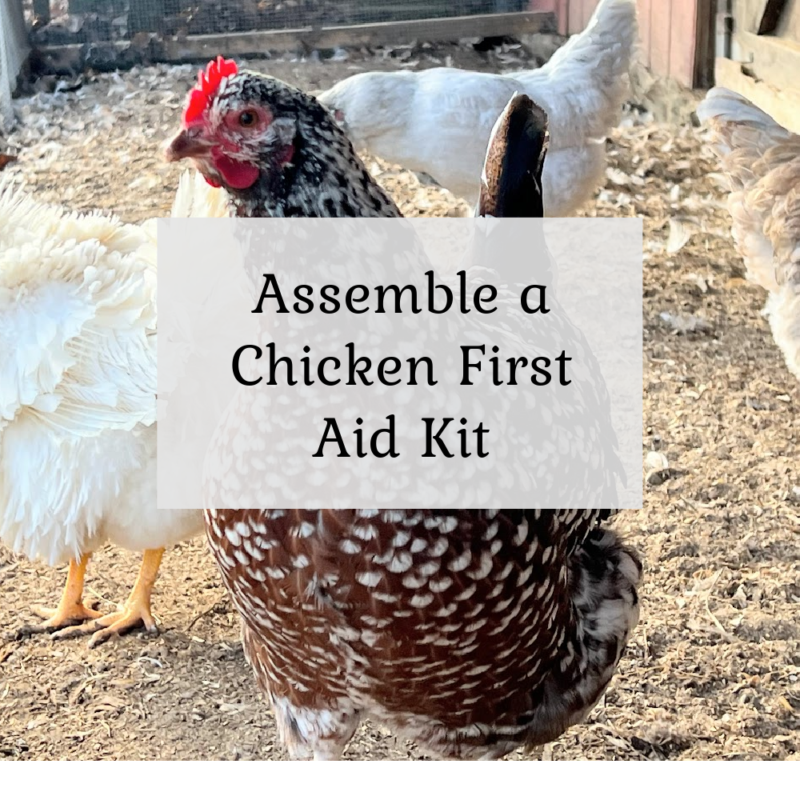
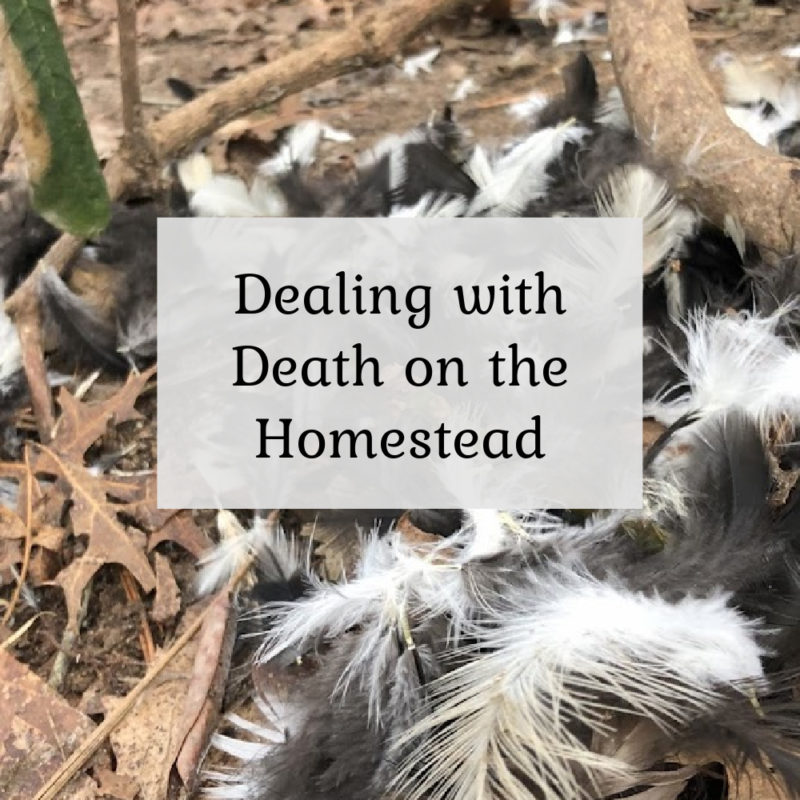


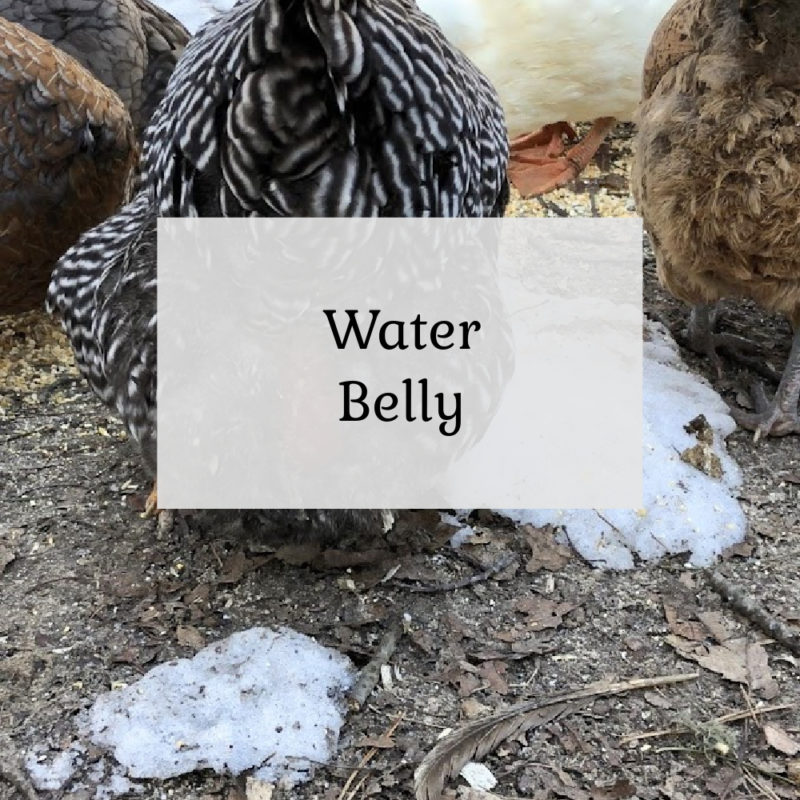
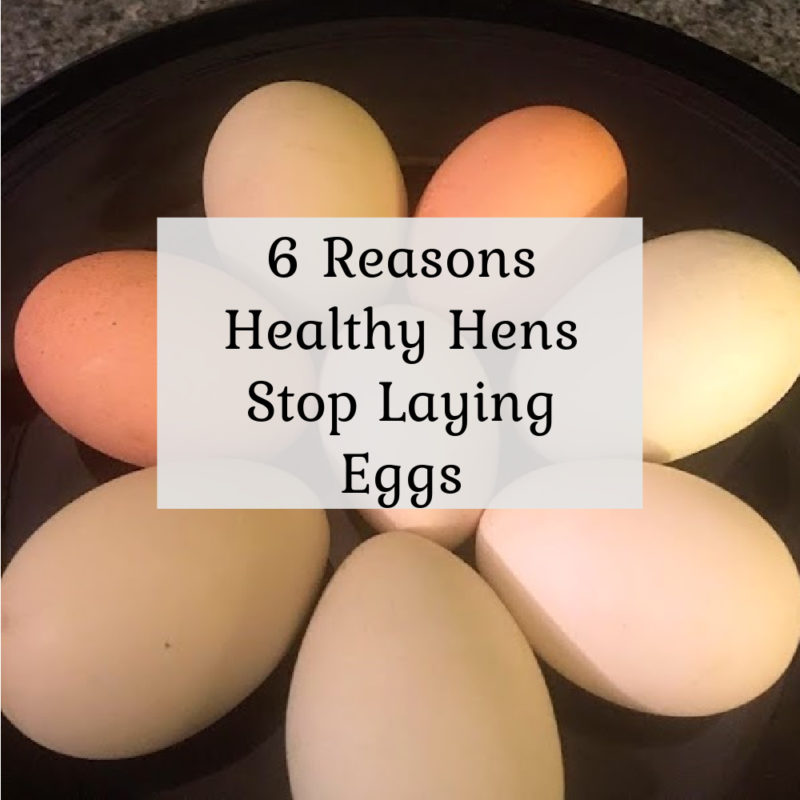
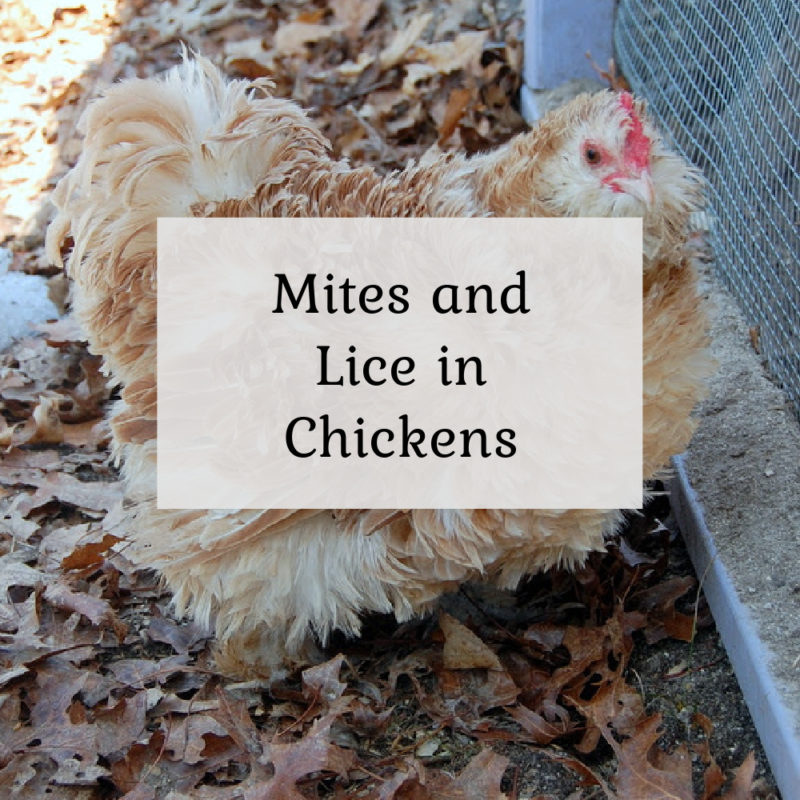
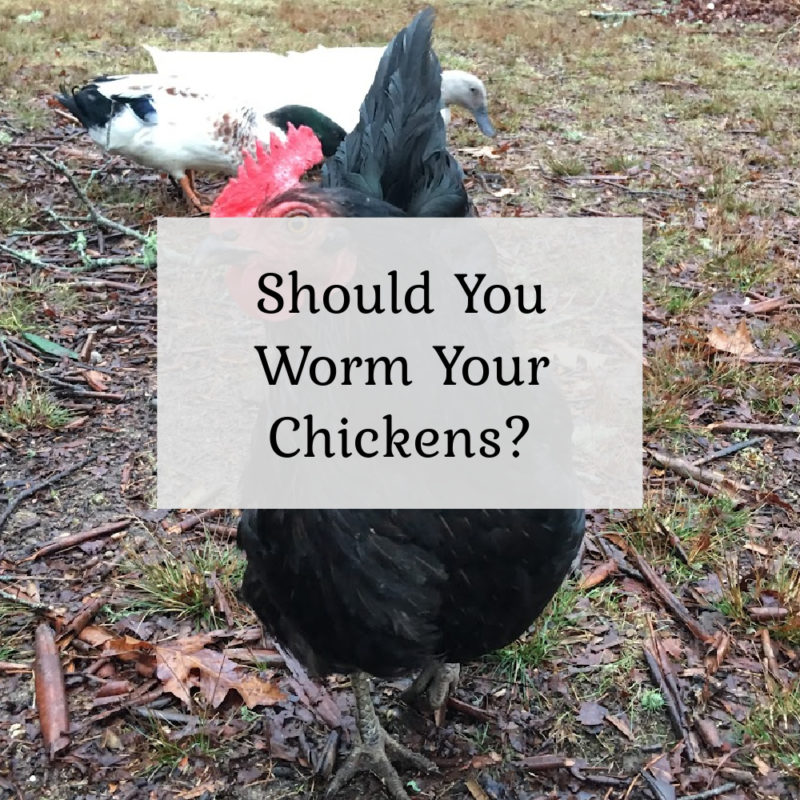

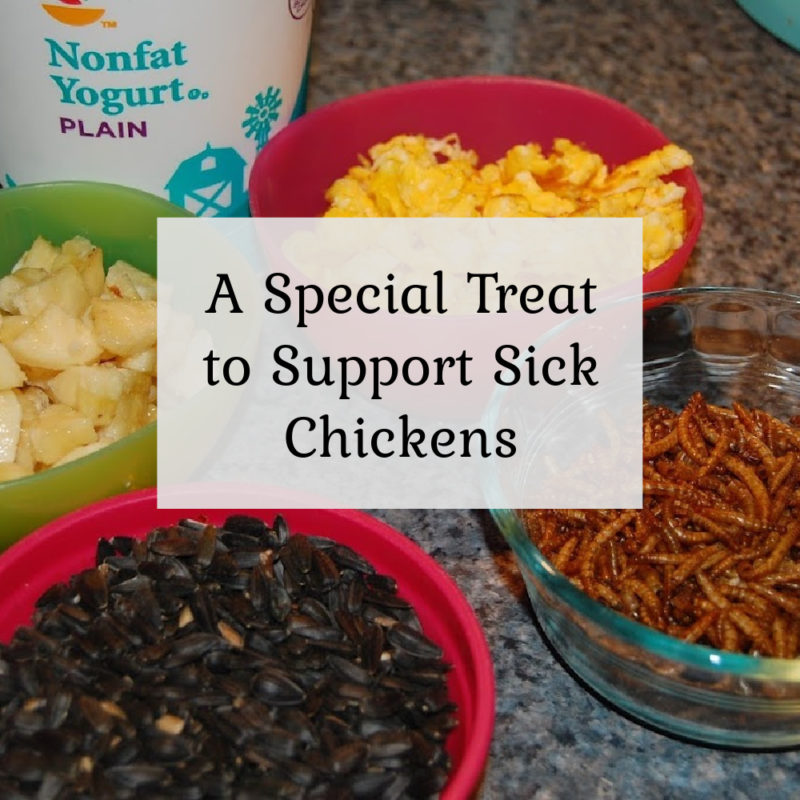



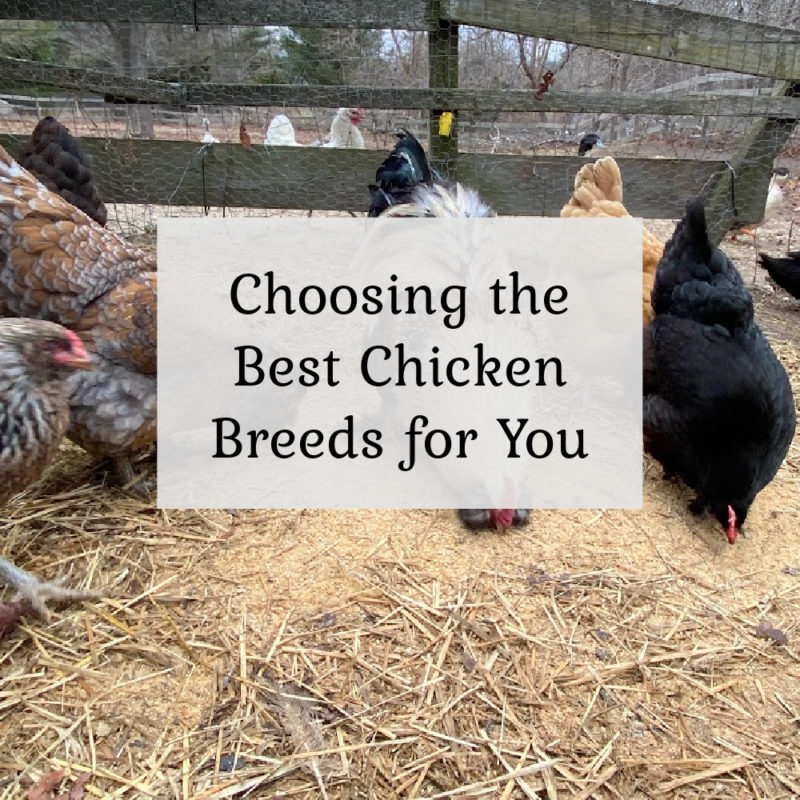


Nikki James
Sunday 19th of September 2021
Hi Liz. I’ve found your advice invaluable over the last 18 months and I’m hoping you can help again. We have a flock of 10 hens and a cock. On Wednesday I noticed that one of the girls didn’t get off the perch as usual when I opened up. We had to go out for the day and I figured she would get down when she was ready. When we came back she was out with the rest of the girls and I didn’t think any more of it. But the same happened Thursday and this time I had to make her get down. I watched her all day and she barely ate or drank and kept herself away from the others, usually hiding under a chair, and slept a lot. By Friday I was really worried as the same thing happened. Quite by chance she pooped in front of me and I could see the poop was alive with worms. I immediately bought some liquid dewormer and have started all of the flock on it. Because our sickly girl has not been drinking we have been administering the water via a syringe into her mouth every two to three hours. Yesterday we were able to tempt her to eat a little bit of cheese, some pasta and a few leaves. I’m not sure it was the best diet for her but we are getting desperate. It’s now 48 hours later and I can’t see much of an improvement - she is still sleeping lots and won’t voluntarily drink and so we are now giving her small amount of the water with the dewormer in every one to two hours. At the same time we are giving her some food - similar to yesterday but I’ve also added a boiled egg and some melon seeds and she has definitely eaten more today than yesterday. She stops when she has had enough. I did try grapes and tomatoes, also a favourite but she rejected these. Her poop was initially very runny. On Saturday morning we saw a dead worm in it but haven’t seen anything since. Today she has been pooping a little more regularly and the last one was a lot more solid. But I’m very concerned that she is still so lethargic. Part of me thinks it may be down to the fact she has been very ill, possibly for longer than we realised and also because of the lack of food. But I also thought that she perhaps might have responded more quickly with the impact of the dewormer. It’s just over 48 hours since we started the treatment and the bottle says we should continue for 5 days. In your experience when might I expect to see some improvement? Am I doing the right thing in feeding her and is there anything better I might be able to tempt her with rather than egg and pasta? When I have bought a small ‘treat’ out to the other girls (to make it easier to separate them) she does show a little interest in coming over but is very very slow and cautious and it all seems like too much effort. I’m trying to be encouraged that she hasn’t given up but my husband thinks that it’s just wishful thinking and that if she is no better in a few days we may have to consider what might be kindest to her. I’m also concerned as to what to do after 5 days of the treatment if she is not better - do I continue it or just carry on with water and food? We are in rural France and so taking her to a vet is not really an option here due to the culture. Any advice would be gratefully received. Thank you.
Nikki James
Monday 20th of September 2021
Hi Liz. I’m not sure if you’ve had a chance to look at the message above yet, but our girl is still no better today. We are continuing with the regime of giving her water and food. She liked some melon seeds yesterday evening and so today I bought some sunflower seeds for her. She has had a couple of grapes, the seeds and some meal worms - having turned her nose up at the pasta and egg today! Her comb is still red but she is so wobbly on her feet and when she does walk it is more of a waddle. She is still sleeping loads. She is managing to get herself up on to the perch at night still although we are having to get her off. She is pooping regularly and still no more sign of worms. Whilst there are small solid bits of green in the poop it has been a lot more watery today, quite creamy and sometimes yellow. Once it looked a little frothy. I’m starting to wonder if the worms are a red herring and if she might be egg bound? We don’t want to subject her to a bath and prodding if unnecessary and so would really really welcome your thoughts as we are running out of ideas. I’d be very grateful if you could suggest something given she hasn’t been right for almost a week now. Many thanks. Nikki
Anna Rose Grandfield
Tuesday 29th of June 2021
Hi Liz, I have a quail who has lost the movement in her legs, she sits down on her tummy all day and I bring food and water to her. I am worried about water belly as I just lost another quail to it, she died while the vet was draining her. She is laying soft shell eggs but seems to be ok. Do you think she has the same does not seem to be breathing heavily?
Liz
Wednesday 30th of June 2021
Can you feel a fluid "sac" area in her abdomen? That is always the giveaway with water belly. If she doesn't have that, it's likely something else. Soft shell eggs can be caused by a lack of calcium so you can try offering some crushed oyster shells. If you give them a lot of treats or table scraps they could not be eating as much layer feed as they should which can also cause a calcium deficiency. The other common cause is stress - she could be sad from loosing her friend. Does you have other quail or is she alone now? They feel much better living in a group so you might want to consider getting her some friends.
Susan Dalo
Friday 14th of May 2021
Hi, Do you sell fertilized chicken eggs?
Liz
Friday 14th of May 2021
I do - but all my chickens are different breeds so the resulting chicks would be mixed breed. You can email me at liz@thecapecoop.com for more info
Luke
Sunday 7th of March 2021
I am about to get 6 chicks and I have five fully grown hens, and wanted to know if they would raise the chicks and take care of them without harming them?
Liz
Monday 8th of March 2021
The only way they will take care of them is if you have a broody hen that has been broody for at least a couple weeks. If that were the case you could try to sneak the babies under her and she might think she hatched them (warning this doesn't fool every bird, so be ready to rescue the chicks and raise inside if needed). Otherwise, they will definitely attack and possibly kill the babies. You can read more about letting a broody hen raise babies here: https://thecapecoop.com/hatching-eggs-with-a-broody-hen/ and you can read more about the safe way to introduce your new chicks to your existing flock here: https://thecapecoop.com/introducing-chicks-to-your-flock/
Horses Alabama
Friday 26th of February 2021
Oh this list is so big and useful! I have been an owner of horse farm in Alabama for almost 20 years now. And last summer I just wondered "why don't we have a chickens on our farm?" But I thought if I know everything about horses it will be easier with chickens. I was really wrong about that. So thank you for this list. It really helpful for beginners like me.
Liz
Sunday 28th of February 2021
I am so glad I could help! :)